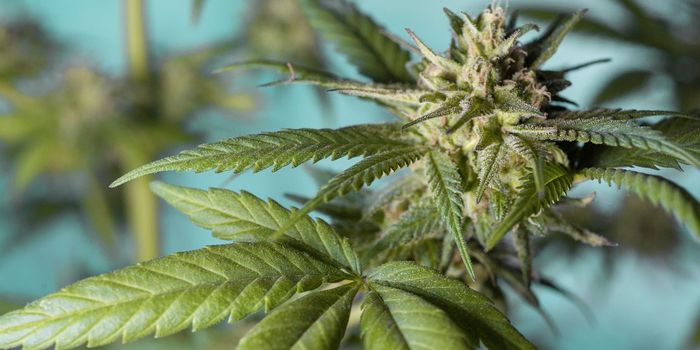First Medicinal Plant Chemistry Bachelor's Degree in the US
You may have heard about Medicinal Chemistry or Pharmaceutical Chemistry bachelor’s degrees but you might be surprised to hear that Northern Michigan University (NMU) started a new Medicinal Plant Chemistry bachelor’s degree this 2017-2018 academic year with 12 students in the first cohort. Medicinal Chemistry is not a new concept. In actuality, there are Medicinal Chemistry and Pharmaceutical Chemistry degrees at a multitude of higher education institutions across the world. These degree fields feed the employment niches for biological chemistry, pharmaceutical chemistry, pharmacology, and pharmacy programs. Some lump medicinal and pharmaceutical chemistry together as the same but others claim there are subtle differences. The American Chemistry Society (ACS) can approve an educational Chemistry program which speaks to the program’s quality and standards; anyone can check ACS certification by school on their website. NMU’s Chemistry Major curriculum is ACS certified; they have a total of 5 different Chemistry majors available. Adding the term “Plant” into the title is what brought this particular new program into the news cycle.
Upon quick evaluation of the new program curriculum at NMU, it appears to be rigorous and heavily loaded with science courses as one would expect for a chemistry degree. In fact, 39 of the required 90 or so major credits are chemistry content alone! This degree may be a focus for individuals looking to work in the cannabis or medicinal cannabis industry which is growing along a national trend toward re-examining cannabis prohibition in many states. Regulations and standards for therapeutics/pharmaceuticals in the US are incredibly strict, challenging, and costly to meet; the cannabis industry is also more structured and compliance driven than one might expect, given its stigma and market polarization. This is not a relaxed industry as many might joke about. Kidding aside, NMU’s Medicinal Plant Chemistry program does not likely fit the stereotypical recreational marijuana aficionado. With 36 credits of chemistry including courses like Quantitative Analysis, an Inorganic Chemistry series, both Organic Chemistry courses plus labs, and Biochemistry this is the chemistry backbone of all Pre-Medical programs. This degree could be earned and actually help prepare someone to take the Medical College Admissions Test for Medical School acceptance.
In addition to the multitude of science and math courses required, 59 credits in all to be exact, there are dual tracks to focus the degree seeker on a chemist’s analytical role within the laboratory versus an entrepreneurial track focusing on accounting and financial management for the business end of the medicinal plant industry. While many indicate this degree is for the growing cannabis marketplace, more alternative medicines are becoming widely accepted including essential oil use. Perhaps this degree can assist those industries and employment demands as well. In fact, according to the NMU Campus Connect newsletter, “The program is designed to prepare students for success in emerging industries related to medical plant production, analysis, and distribution.”
Graduates of this degree might be drawn to positions like Concentrate Creators whose role it is to create the most effective, medically implicated cannabis products; some sites indicate you can make upwards of $100,000 in a position like this. Cannabis biochemists/extractionists can make more than $120,000 according to some job boards.
This is just in time for the 2018 Michigan mid-term election cycle where Michigonians were successful in getting 360,000 signatures to earn the Coalition to Regulate Marijuana Like Alcohol initiative. The NMU Chemistry department cannot legally bring marijuana into their labs at this point but we can check in next year to see if the Medicinal Plant Chemistry laboratory exercises have been updated to include testing and analysis of actual cannabis strains on campus after the vote in November.











